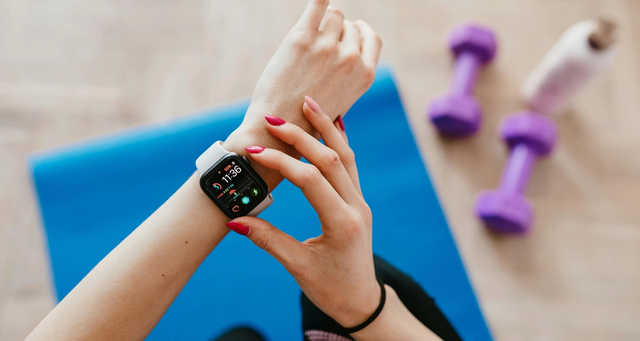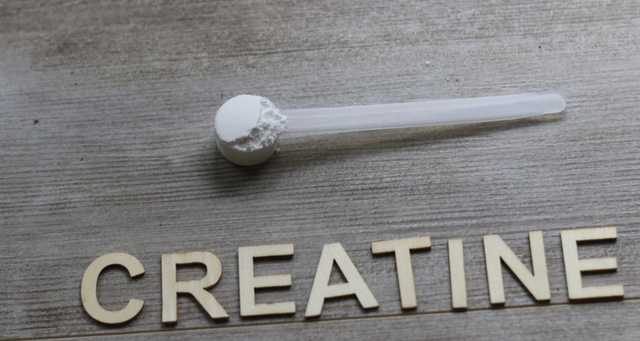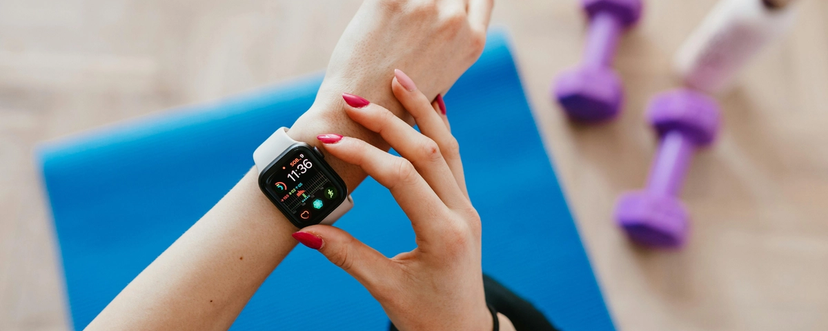
Tips for Maintaining Balance With Age
It’s no secret, many things get substantially more difficult as we age. As time takes its inevitable toll on our bodies and minds, it’s important to take steps to help combat this unfortunate fact.
One such aspect of life that becomes more difficult with age, maintaining our balance, is no exception as many seniors know. With physical changes to our bodies, and when changes to our state of equilibrium occur, it can be challenging for older adults to manage.
While there’s no secret formula to keep us young forever, there are several ways we can combat losing our balance with age. Before we address these tips, let’s take a look at some potential root causes for losing our balance later in life.
Why Am I Losing My Balance as I Get Older?
So why is your balance getting worse as you age?
The answer to this question can be multifaceted. However, the most common answer to this question lies in the question itself.
Not so surprisingly, age itself is the most common reason for our gradual loss of balance. As we age, we inherently tend to lose strength in supportive muscles, tendons, and even our bones themselves. In turn, as our once stable bodies begin to deteriorate, our ability to maintain balance suffers.
Furthermore, In the inner ear lies a bodily system titled the vestibular system, responsible for our sense of balance. This system communicates with the brain, signaling us when we're off balance and prompting corrective actions. However, as we age, cells within the vestibular system diminish, impairing our ability to maintain balance effectively.
Gradual deterioration of these balance supporting systems and structures eventually lead to a loss of coordination and reflexes, eventually increasing the likelihood of an unexpected slip, trip, or fall.
Simply put, once stable systems and structures in our body are now beginning to weaken. However, there might be more to your loss of balance than meets the eye, especially with certain circumstances and symptoms present.
Other Potential Causes For Loss of Balance in Seniors
While gradual deterioration of the balance supporting structures and systems in our body is by far the most common reason for balance issues in older adults, there are some not-so-well known culprits.
Other potential causes for a gradual or sudden loss of balance include:
- Benign Paroxysmal Positional Vertigo (BPPV): BPPV is a prevalent condition among seniors, characterized by sudden and intense bouts of vertigo, a sensation of spinning. Simple head movements like rolling over in bed or standing up can trigger it. This inner ear disturbance often stems from mild to severe head trauma and may resolve on its own over time.
- Side Effects of Medication: With age, the reliance on medications tends to increase, each carrying its own set of side effects. Several medications like those for blood pressure, depression, anxiety, and certain cancer treatments can disrupt balance. It's crucial to discuss potential drug interactions and side effects with your healthcare provider.
- Labyrinthitis: Labyrinthitis is an inner ear infection notorious for affecting balance. It occurs when the inner ear becomes inflamed due to an infection, disrupting the transmission of nerve signals to the brain. Typically associated with the flu, labyrinthitis can be managed with appropriate medication.
- Meneire’s Disease: Meniere’s disease is another prevalent cause of balance issues, as per the Mayo Clinic. It involves the buildup of fluid in the ear's chambers, leading to symptoms such as vertigo, tinnitus (ringing in the ears), sporadic hearing loss, nausea, and vomiting.
These are just a few of the lesser known culprits for a loss of balance with age. If you are experiencing symptoms, it’s always recommended to contact a qualified physician.
With that being said, now we can begin to discuss the topic at hand: How can I maintain my balance with age?
Tips for Maintaining Balance with Age
1. Eat Healthy
Alongside medications, dietary adjustments can aid in restoring balance and stability.
For instance, if balance problems stem from high blood pressure, reducing salt intake, managing weight, and engaging in regular exercise can be beneficial. Conversely, addressing balance issues related to low blood pressure might involve staying hydrated, refraining from alcohol consumption, and adopting a more cautious approach to movement.
Having a well-balanced diet high in lean proteins, fruits, vegetables, and healthy fats also helps maintain proper muscular and regulatory system function, helping the body maintain stability.
2. Practice Yoga
Yoga is an excellent way to help maintain balance as we age. In fact yoga can even help balance the mind, body, and spirit.
While the poses can be challenging overall, yoga is a great stress reliever, and in turn, has been associated with lower blood pressure and general improvement in mental state.
In addition, yoga places the body in increasingly complex positions that our bodies are not typically put in. This forces our bodies to adjust accordingly, ultimately strengthening our core stability muscles which are pivotal in maintaining balance.
In general, building flexibility while simultaneously improving stability and strength of the joints makes yoga one of the preferred exercises for improving balance.
3. Strength Training Programs
In contrast to yoga, a strength training program aims to increase muscle mass and strengthening of your muscle tendons.
As muscles face resistance, they actually micro-tear. These tears then eventually heal, resulting in a muscle that is able to handle more resistance (i.e. weight or strain.)
Maintaining a consistent strength training program helps to not just build muscle, but also helps strengthen tendons and helps to shed extra weight. The combination can add less stress on joints in the body, better posture, a stronger core, better posture, and lower blood pressure (over time), all of which assist our bodies in maintaining balance as we age.
4. Simple Balance Exercises
Another tip for maintaining balance is to do some simple at-home balance exercises. Doing so will help challenge your ability to maintain your balance while compromising it, in turn, building strength and stability.
Here are some simple exercises you can do at home:
- Stand and March: To perform, begin lifting one leg up until your thigh is parallel to the ground. Once you reach parallel with your thigh, slowly return that leg to the ground. Repeat the exercise with the other leg. Shoot for 15 reps with each leg, or whatever is comfortable for you.
- One-Leg Balance: To Perform, place arms at your side and lift one leg up in the air in front of you. Hold for 15 seconds, then alternate legs for 15 seconds. You can do several variations of this (i.e. lift leg to side/back.)
- Toe Touches: A classic, but effective. To perform, simply lean forward and attempt to touch your toes while keeping your knees from bending. This exercise still holds merit even if you can’t quite reach your toes, just go as far down as you can without bending the knees!
5. Head Rotations
Similarly to simple balance exercises, doing a few sets of daily head rotations can help improve balance. Head rotations include the added challenge of taking your vision out of its usual frame of reference (straight ahead), causing you to adjust accordingly.
To complete this exercise, simply stand with your feet facing straight forward with your toes facing forward. For 20 seconds, slowly move your head from your left to right side, ear to shoulder. Next, move your head in and up and down motion for 20 seconds.
Try to keep your body as still as possible. That’s it! Feel free to use a wall or pole to aid you at first, or until you are comfortable with the exercise.
Hire an In-Home Trainer to Help Improve Balance
As we journey through life, keeping our balance becomes crucial, especially as we get older.
It's not just about staying physically steady; it's about maintaining our mental and emotional equilibrium too. This balance is like the foundation of our well-being, helping us navigate the ups and downs of everyday life with strength and poise. Without it, we become more prone to physical ailments and emotional struggles, which can hold us back from fully enjoying life.
While some aspects of maintaining our balance as we age are relatively easy, some may require a bit of assistance. That’s where we come in!
At Svetness In-Home Personal Training, we firmly believe in removing any and all obstacles to achieving your fitness aspirations, no matter your age. Our seasoned trainers are ready to meet you wherever suits you best – whether it's at your home, workplace, or preferred hangout spot. We're dedicated to walking alongside you throughout your journey, and with a certified nutritionist on board, we offer comprehensive support.
With our staff serving a host of cities in 29 out of 50 US states (and counting!), reaching out to us is a breeze – just a quick call or email away. Take that pivotal first step towards your fitness goals by scheduling a complimentary consultation with Svetness In-Home Training today. Let's embark on this transformative adventure together!
Start your Svetness journey today
Get a free consultation and see how our trainers can transform your wellness journey.





